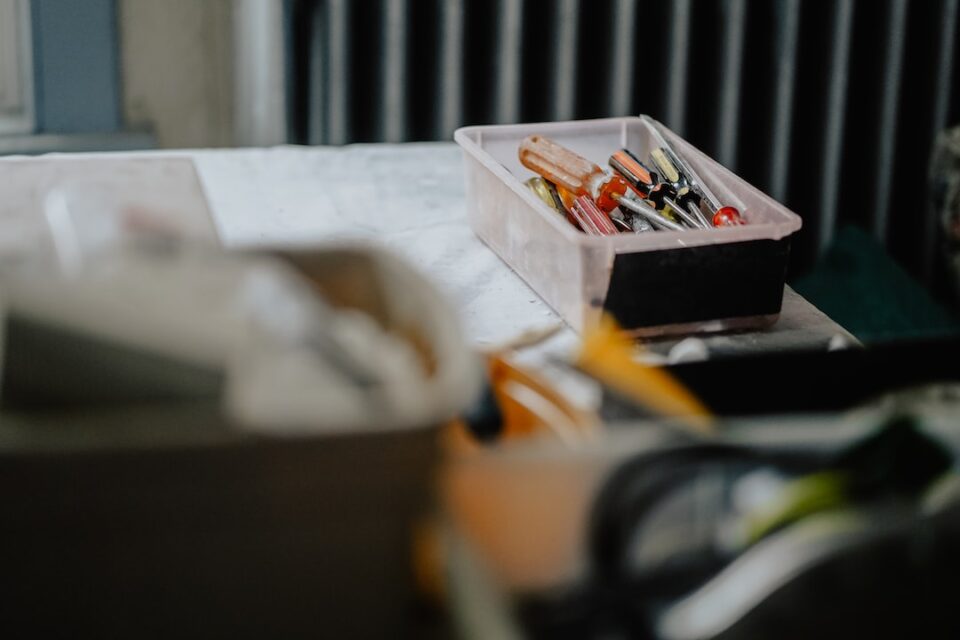Buying a home for the first time can be exciting and overwhelming at the same time. You’ve found your dream home, made an offer, and your offer was accepted- congratulations! The next step is to prepare for your first home inspection.
A home inspection is an essential part of the home-buying process. It is a thorough, non-invasive examination of the property’s overall condition. The inspection report will provide you with an assessment of the condition of the home’s major systems and components, such as the electrical and plumbing systems, HVAC, foundation, roof, and appliances. As a first-time homebuyer, it’s essential that you understand the process and prepare for your first home inspection.
Here are some tips on how to prepare for your first home inspection:
1. Find a certified and experienced home inspector
When choosing a home inspector, it’s important to look for someone who is certified, experienced, and knowledgeable. Don’t hesitate to ask for references and check their qualifications before hiring them. A professional inspector will provide a detailed report that outlines any issues or potential problems in the home.
2. Attend the inspection
Attending the inspection is crucial, as it will give you an opportunity to ask any questions and learn more about the home. You’ll also be able to see the issues first-hand, which will help you decide how to proceed with the purchase.
3. Prepare the property
Make sure the home is ready for the inspection. Ensure that all utilities are turned on, and the inspector has easy access to all areas of the house, including the attic, crawl space, and garage. Move any furniture, boxes, or other items that may obstruct access to these areas.
4. Make a checklist
Before the inspection, make a checklist of items that you’d like the inspector to focus on. This could include the foundation, roof, electrical wiring, plumbing systems, and appliances. Going through this checklist with your inspector can help you understand the current condition of the home and any potential issues that may arise in the future.
5. Take notes
During the inspection, take notes and photos of any issues the inspector identifies. This will help you remember the details when reviewing the report later on. It will also help you when negotiating repairs or a lower price with the seller.
6. Review the report
After the inspection, review the report thoroughly. The report should detail all the issues identified during the inspection, and potential solutions. If there are any major issues, such as structural concerns or a faulty HVAC system, you may want to ask the seller to address these issues before closing or negotiate a lower sales price.
In conclusion, preparing for your first home inspection is an essential part of the home-buying process. Working with a professional inspector and attending the inspection can help you ensure that your new home is in good condition and provide peace of mind in your purchase.

